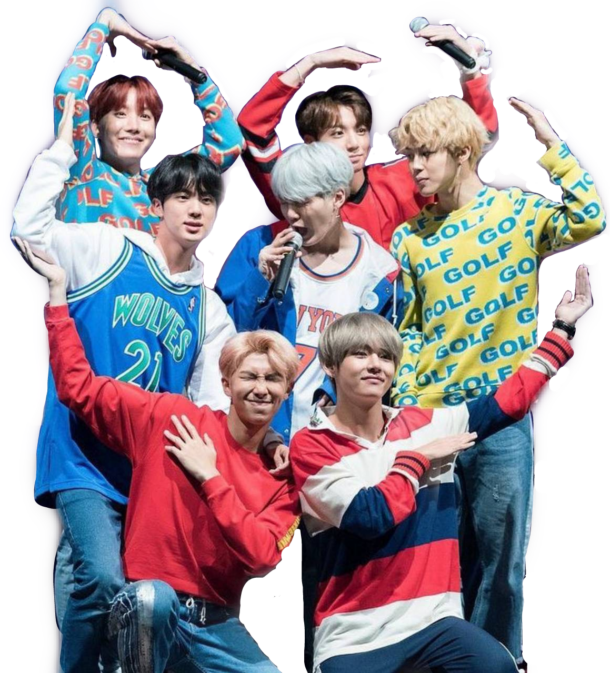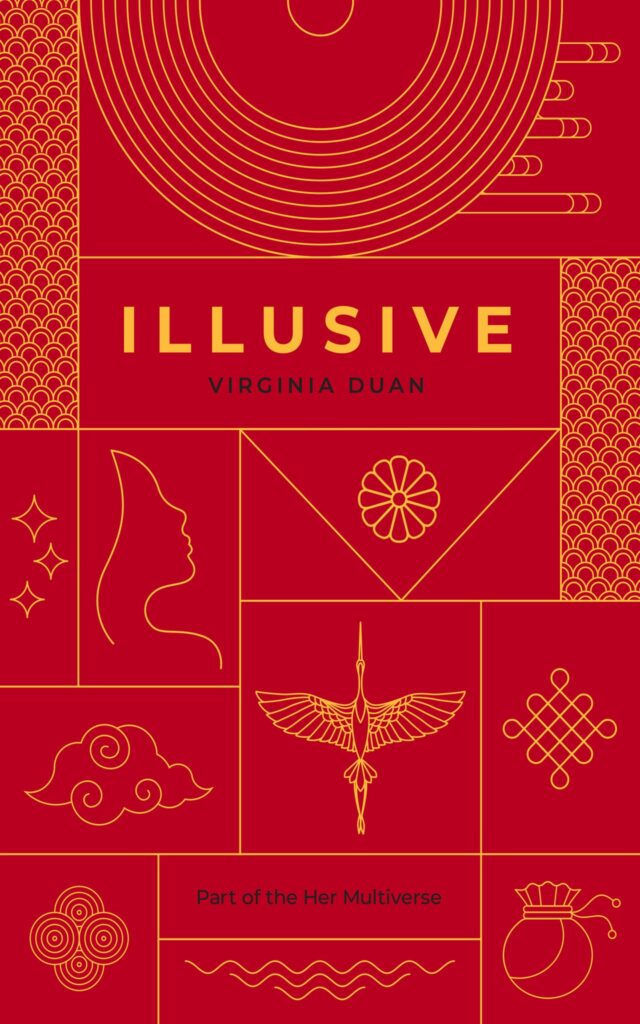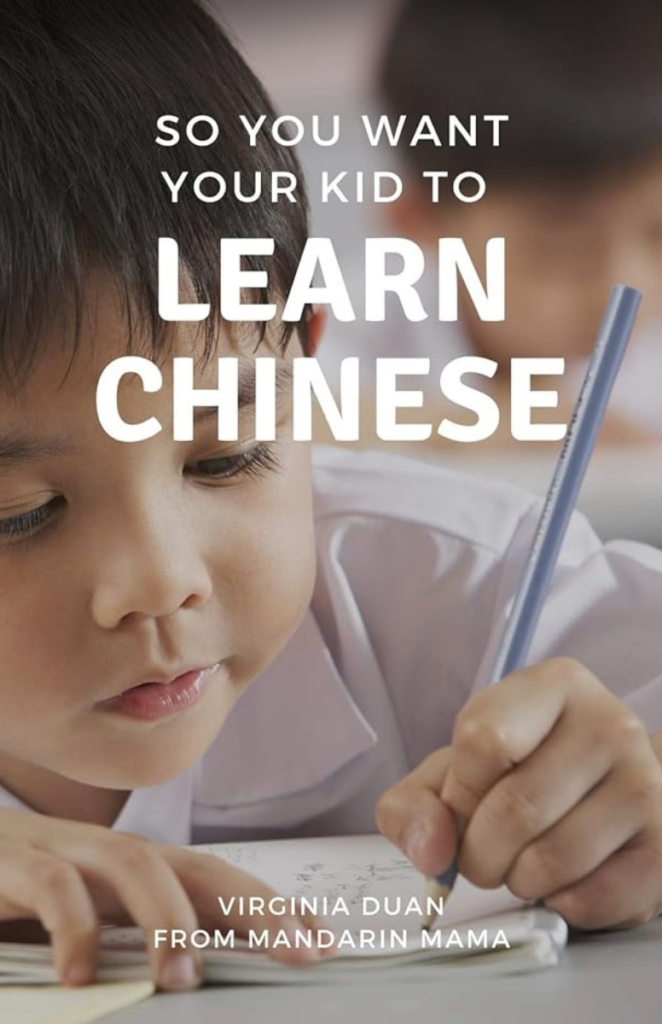I recently read a book called, When My Name Was Keoko (affiliate link). It’s a YA book from the perspectives of two Korean siblings, a boy and a girl, and their experiences of growing up in Japanese occupied Korea during WWII. I loved it. Of course, I am biased because I do enjoy YA books and historical fiction in particular because then I can learn history without having to “learn” history. (Side note: Who knew that Japan occupied Korea from 1910-1945? Not me!)
The book touched on hard and terrible subjects without becoming maudlin or manipulative or overly depressing. (A somewhat difficult task considering the subject matter.) The author, Linda Sue Park, did a wonderful job. However, for the first time, I found myself conflicted when reading about this horrible time during Japanese history.
You see, my kids are part Japanese and it is very difficult for me to reconcile wartime atrocities with their cultural heritage. After all, the US was founded on genocide and slavery and I am just fine with living in the US. Plus, I am also okay with Germans (my kids are also part German) as well as less okay with the Chinese part. (I have my own reasons for my distinct distaste for Mainland China.) I am very fine with the Taiwanese part – but that’s because I’m extremely biased in my opinion of my own people. (Who isn’t?)
Anyhow, I found myself once again ashamed at my complete lack of historical awareness and a renewed desire to actively learn for myself (as well as teach my children) our Chinese/Taiwanese/Japanese history. Up until this point, I must say I didn’t care as much about Japanese history because let’s face it, my kids are being raised Taiwanese American because that is what I am. But I have always felt cut off from my cultural heritage and family because my parents didn’t emphasize our family histories and I envy all the people who have stories passed down through generations. I would prefer my children have the stories as part of who they are.
I only have two living grandparents left and there is a major language hurdle for my maternal grandfather as well as an emotional hurdle for my paternal grandmother. (I despise her.) This makes me sad. But I think I will encourage my own mother to tell me and the kids more stories of her family and childhood. And perhaps, I will cajole my uncle to tell me stories of my father’s family and childhood. In addition, it would be nice to have Hapa Papa’s mother tell more of her and her family’s stories as well. I will have to do better with keeping in contact with Hapa Papa’s father’s side of the family, too.
As I mentioned before, I often felt abbreviated and adrift due to my not having a firm grasp of who my families were and how we came to be here in the US. I don’t know if it is a cultural thing or an immigrant thing or just my parents, but I rarely heard anything about their pasts or childhoods when growing up. I felt as if we just sprouted out of thin air.
Now, to be fair, that did have some advantage in that I haven’t felt the burden of generations past. But as a result, I also feel disconnected from my families – and that makes me very sad.
As I’ve grown older, I’ve become more and more drawn to histories and biographies/autobiographies. I am much better at grasping and learning through stories versus dried up facts so I am looking forward to expanding my library and my mind. I think I will start with myths and legends of China and Japan. After all, how is it that I know more of Jewish, Greek and Norse Mythology than my own peoples? And who are a people without the stories they tell themselves about their gods and themselves? Plus, this will make it easier to teach the kids about their heritage as well.
Then, I will expand into stories set in historical situations or perhaps I will have to suck it up and read long non-fiction tomes. *sigh* The things I do for my children.
How have your families passed along generational history, stories, legends, etc.? I am very curious and hoping to steal some good ideas. Let me know in the comments.




